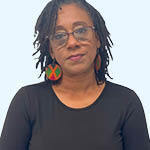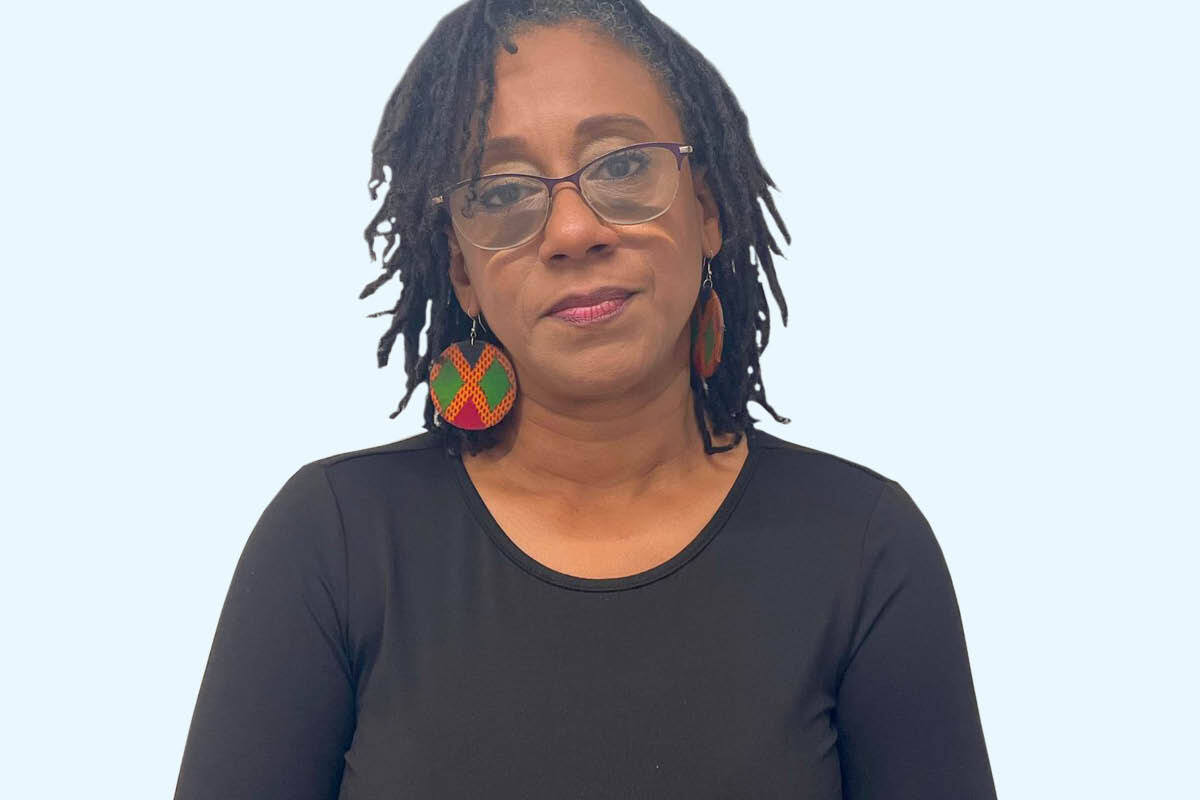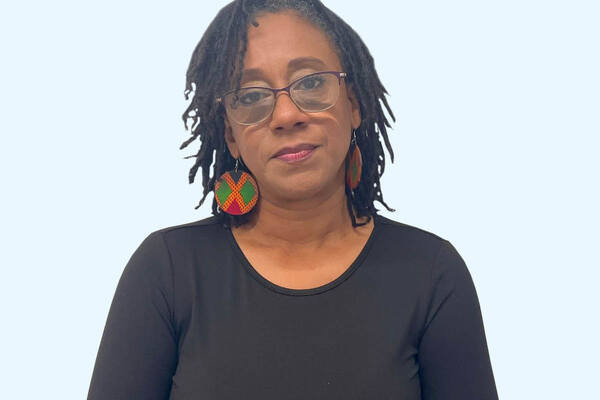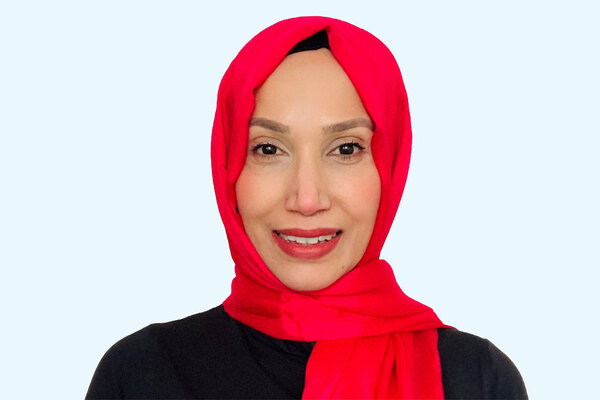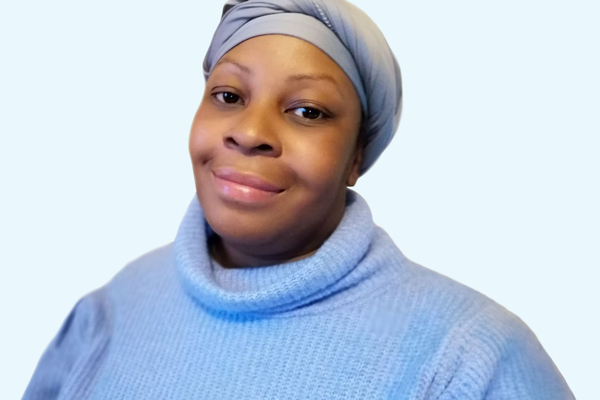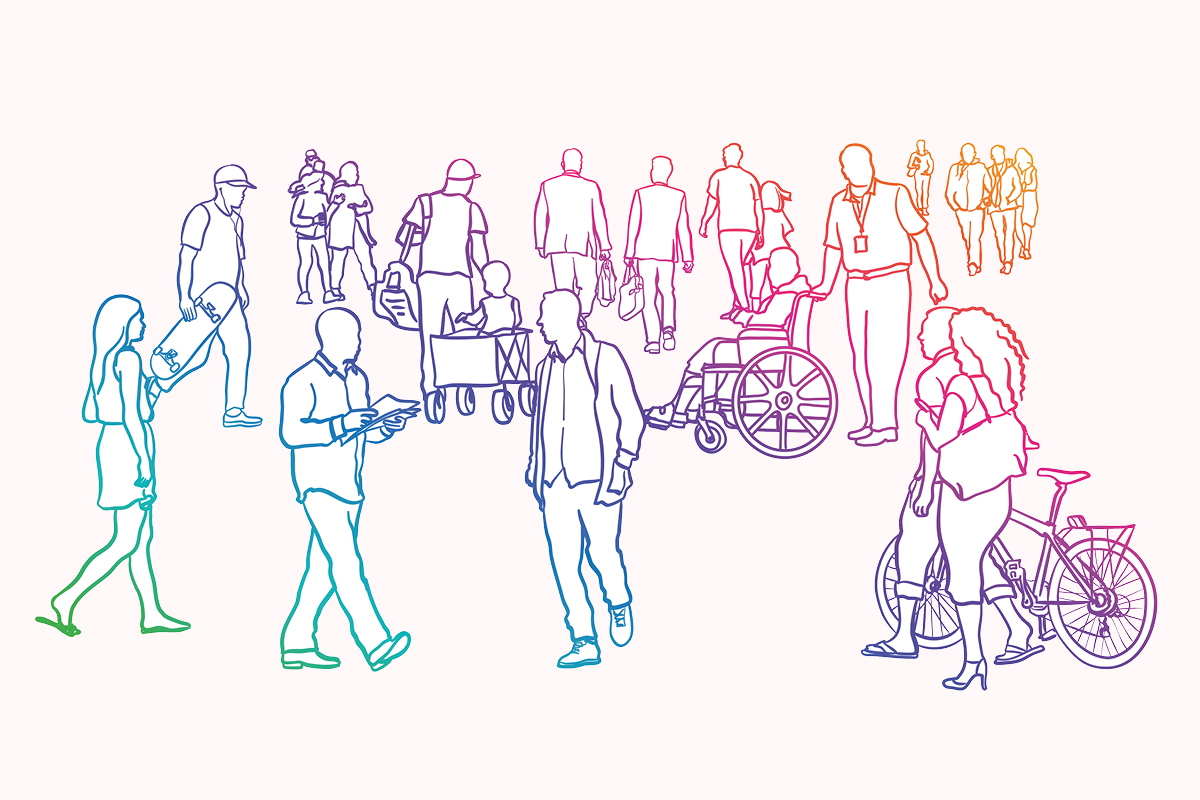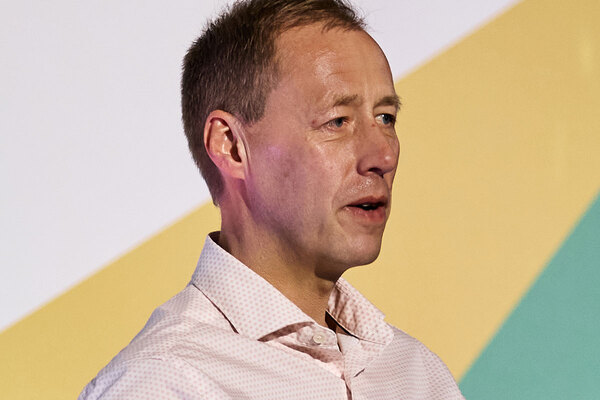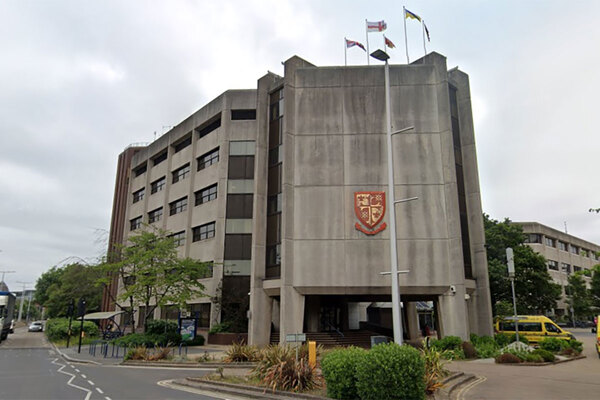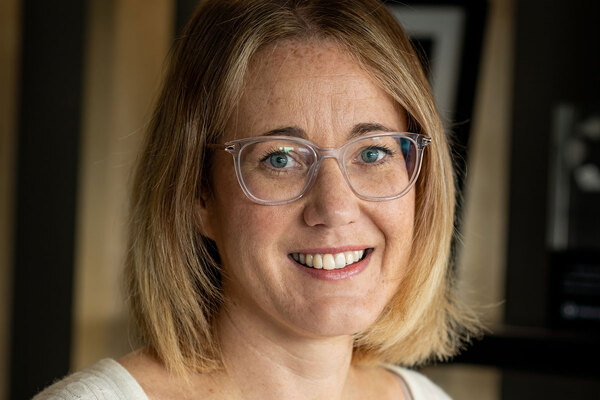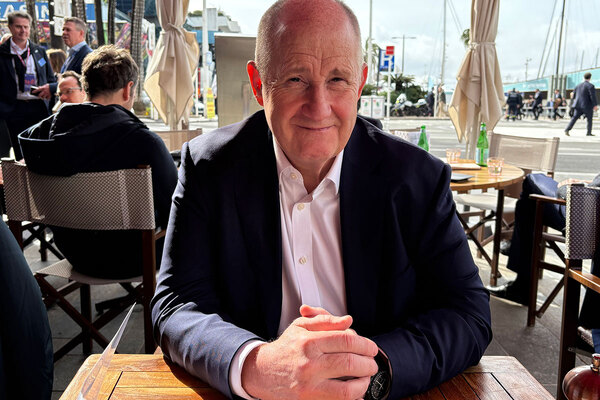It is time to change the negative narratives about Black women in social housing
The social housing sector must confront and redefine the internalised narratives about our Black women tenants and staff, writes Palma Black, founder of Soul Purpose 360
While many housing associations celebrate Black History Month, the theme of which is ‘reclaiming narratives’, I reflect on what this means for Black women in social housing, as both staff and residents.
We all harbour our own private thoughts about individuals based on our interactions with them. Some believe that it can take as little as seven seconds to form a first impression. I have heard that we have one opportunity to get this right because ‘first impressions are lasting impressions’.
Lots of people wouldn’t think twice about this statement, but for Black women, it is not so simple.
As Black women, our actions, bodies and minds are under constant scrutiny and attack. Yet, we are expected to shrug off the layers of oppression that weigh heavily on us and function as though we are walking on a level playing field.
When I started working in social housing, I was already a single mum and a social housing tenant. As time progressed, it became clear to me that this was a problem. On one occasion, I was dissuaded from seeking a promotion because being a single parent would mean that I could not fulfil the requirements of the post as they needed someone who could attend early-morning and evening meetings, despite already doing just that.
I’m sure today I could claim discrimination, but at the time I just accepted that this was how I was perceived and there was little I could do about it.
“Black single-mum residents in social housing face a unique set of challenges and societal perceptions that can make their experiences particularly difficult”
While I felt proud of my single-parent status, some colleagues confided in me that they too were single parents but no one knew. They hid break-ups and invented partners who they would name-drop in conversations to keep up the pretence. These are the lengths my Black colleagues were going to, in a bid to safeguard their reputations and careers – no way were they going to bring their authentic selves to work.
Black single-mum residents in social housing face a unique set of challenges and societal perceptions that can make their experiences particularly difficult. A cognitive link has been created between those living in social housing and those who require benefits to live, despite the reality that 70% of people living in social housing are employed or retired.
Unfortunately, the perception that social housing is only suitable for desperate people and those who want to live off the state persists, and is reinforced by the media as criminals and workless.
Single Black mothers are often perceived by society as ‘write-offs’. Despite their resilience and dedication, they are frequently subjected to stereotypes and negative assumptions that overshadow their strengths, contributions and potential.
A common assumption or perception that pervaded the social housing sector was that Black women were having babies to secure social housing. Thinking about this logically, it makes no sense whatsoever.
“The reality is that no area of our lives is left untouched or unaffected by the historical narratives from a bygone era”
How does striving for independence of having one’s own home come with the baggage of being a lone parent? Other lines of enquiry were redundant.
Research carried out by academics, journalists, campaign groups, the government and their agencies paint a bleak picture of equality outcomes for Black women. The reality is that no area of our lives is left untouched or unaffected by the historical narratives from a bygone era that still seek to define us and then prescribe our ‘treatment’, whether this be in housing, education, health care, the criminal justice system and more.
Black women must navigate a landscape where our efforts are often undervalued and successes overlooked. The struggle to be seen in a positive light is compounded by systemic biases and cultural misunderstandings, making it an uphill battle to gain the recognition and respect we deserve. Despite the achievements of the Windrush Pioneers, Black women are still facing struggles in society and in the workplace.
Soul Purpose 360’s Definition Redefined campaign was launched in March during International Women’s Month. How ironic then that Black History Month’s theme is in the same vein. It is time to change the negative narratives that define Black people.
Palma Black, founder, Soul Purpose 360
Sign up for our daily newsletter
Already have an account? Click here to manage your newsletters
